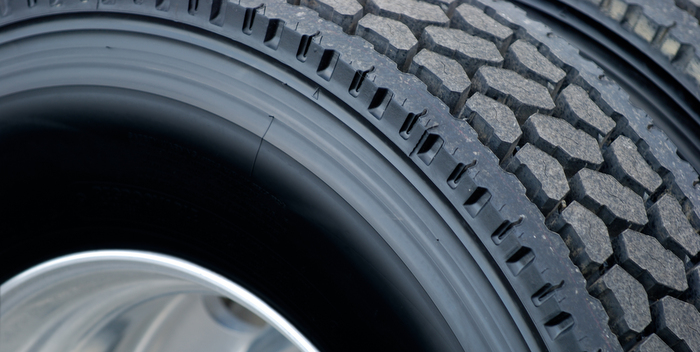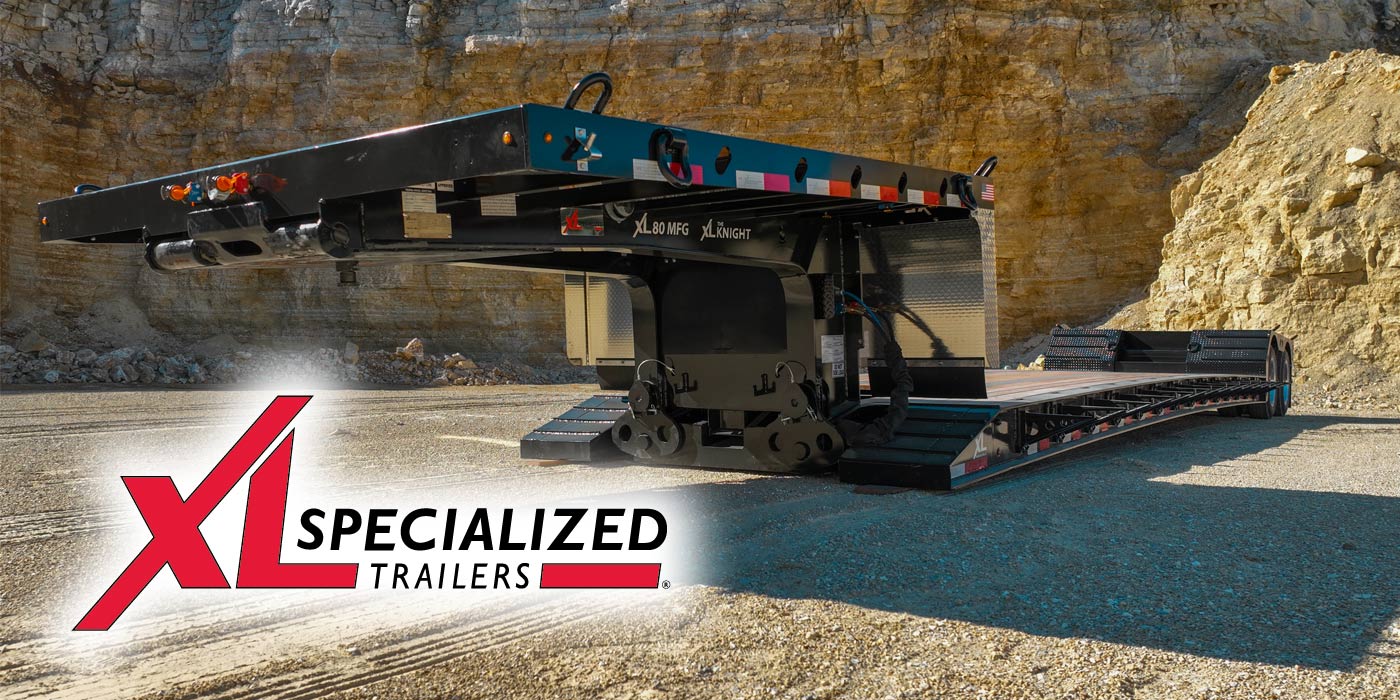Our industry is keenly focused on efficiency improvements. One primary goal is maximizing uptime of both equipment hardware and human assets. Make no mistake in recognizing that modern truck tires are designed and manufactured to be used—the more constantly and consistently the better. Selecting tires that are optimized for the intended service conditions and maintaining them diligently will result in low operating costs and few surprises. Inevitably, however, some tires will have to be stored unused for periods of time. Stored tires and casings can be vulnerable to damage or premature aging, if precautions are not implemented.
A basic understanding of tire construction is helpful. Two major tire components are rubber compounds and steel reinforcements. Major enemies of the rubber parts are heat, light and damaging chemicals, while exposure to moisture (and resulting corrosion) is the primary concern for the steel components. So long as there are no cuts, tears or wear conditions that expose internal steel components, water and dirt alone won’t damage mounted truck tires (in-use or stored). In terms of protection or durability, there is no advantage to cleaning tires, and, in fact, many cleaning chemicals may do more harm than good. It’s also important to distinguish between stored tires mounted on vehicles (and therefore deflected under load) and tires or tire/wheel assemblies not fitted to a vehicle.
Avoid contact with petroleum products
Any solvents, including fuels, oils, grease, residue from leaking axle seals, even strong petroleum vapors are readily absorbed by rubber compounds used in tires and can degrade tire physical properties. Oily floors, misplaced grease rags, minor fuel spills and many body shop chemicals can all cause problems.
Keep stored tires dry
Normal rainfall won’t hurt tires that are mounted, but moisture should not be allowed inside the tire casing. Water should never sit inside tires. Any tires with punctures, cuts, stone drills or other such damage should be repaired before storing to avoid moisture migration (and resulting corrosion) inside the casing. It’s also a good idea to place stored tires on a wooden platform to protect from wet floors or other source of constant dampness.
Minimize exposure to excessive heat and light
Modern radials are designed to perform well with normal exposure to heat and light sources when flexed in use. However, cracking and/or crazing can result if tires are allowed to sit in one position for extended periods of time, causing concentration of heat, light or deflection (in the case of loaded tires on vehicles). Protective anti-oxidant and anti-ozone chemicals require sidewall and tread flexing to cause migration to the exterior tire surfaces and this doesn’t happen unless tires are actually being used in service. If tires can be covered while stored, use an opaque or black polyethylene film. Clear film is not recommended.
(Click “Next Page” to continue reading the story and get more tire storage tips.)














